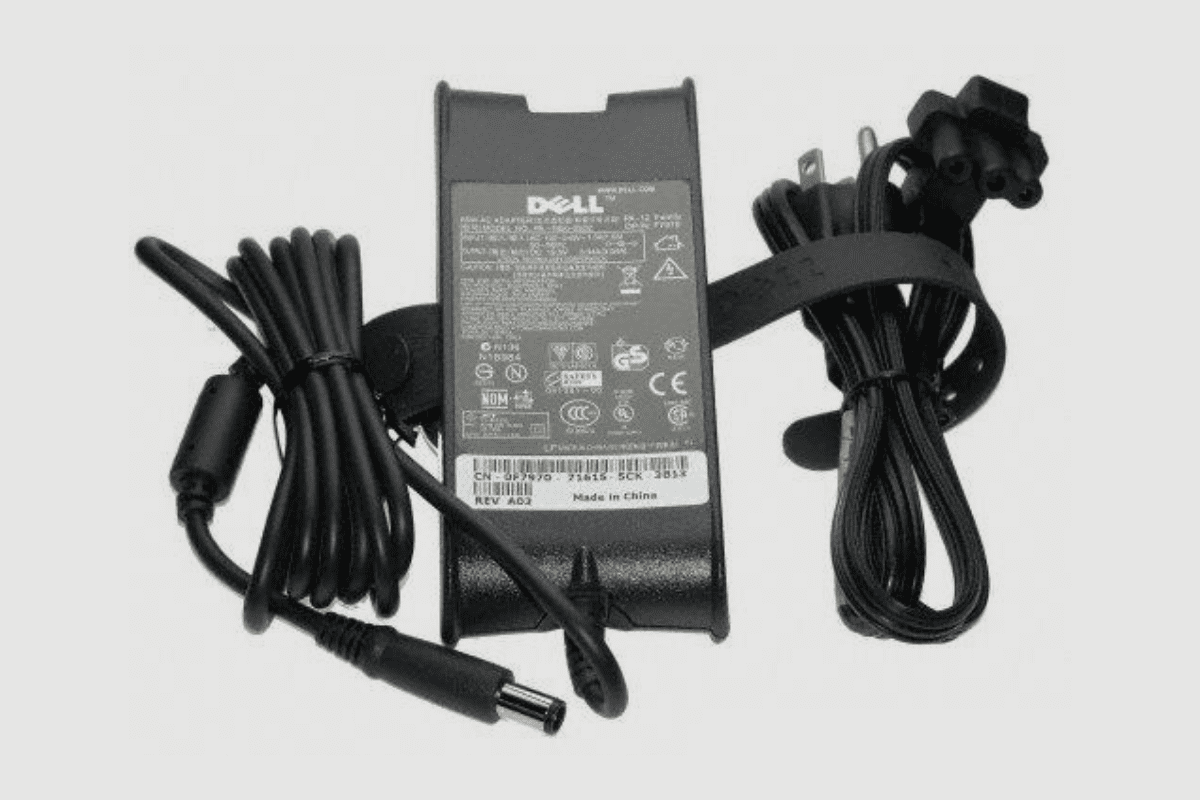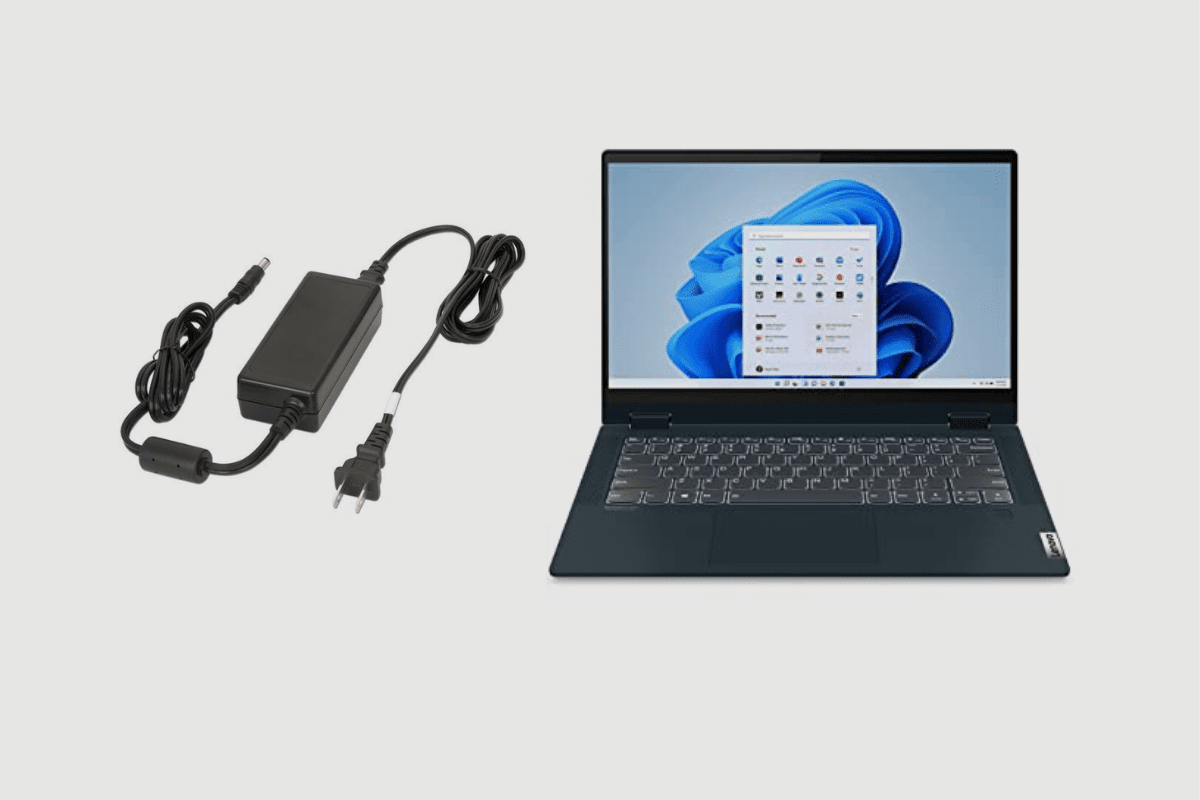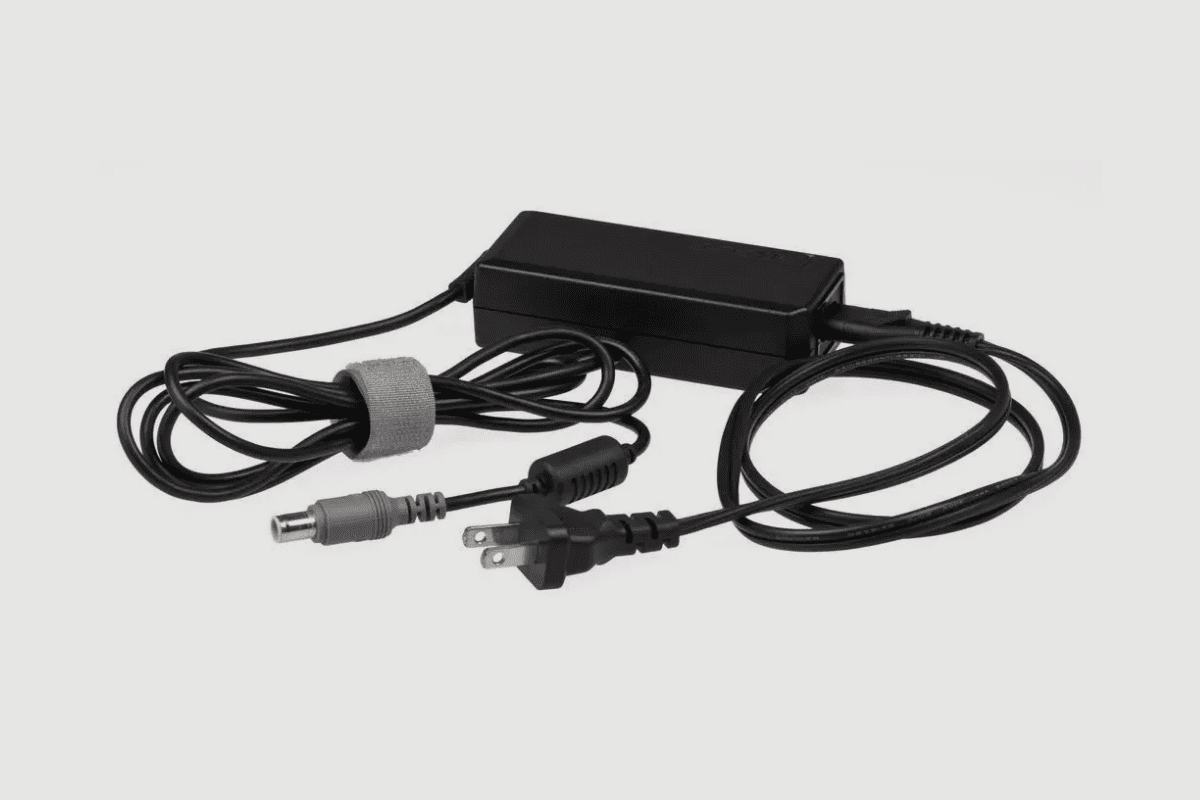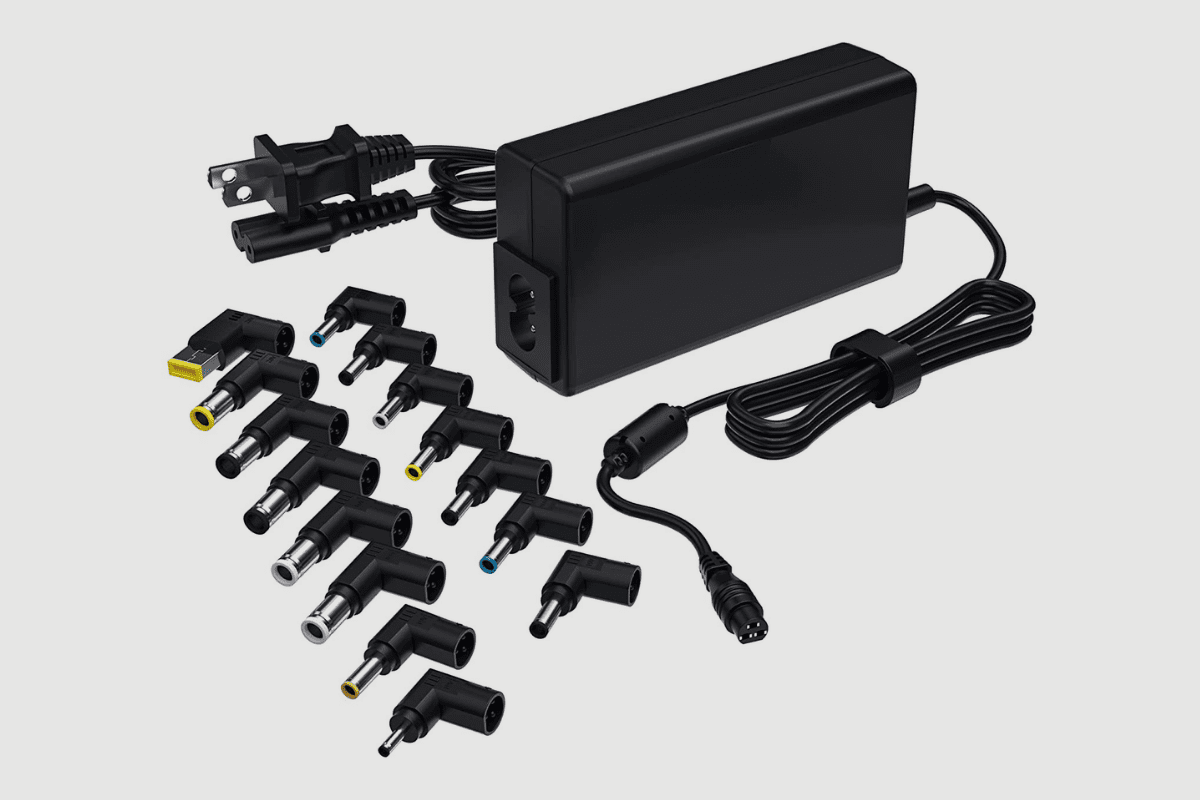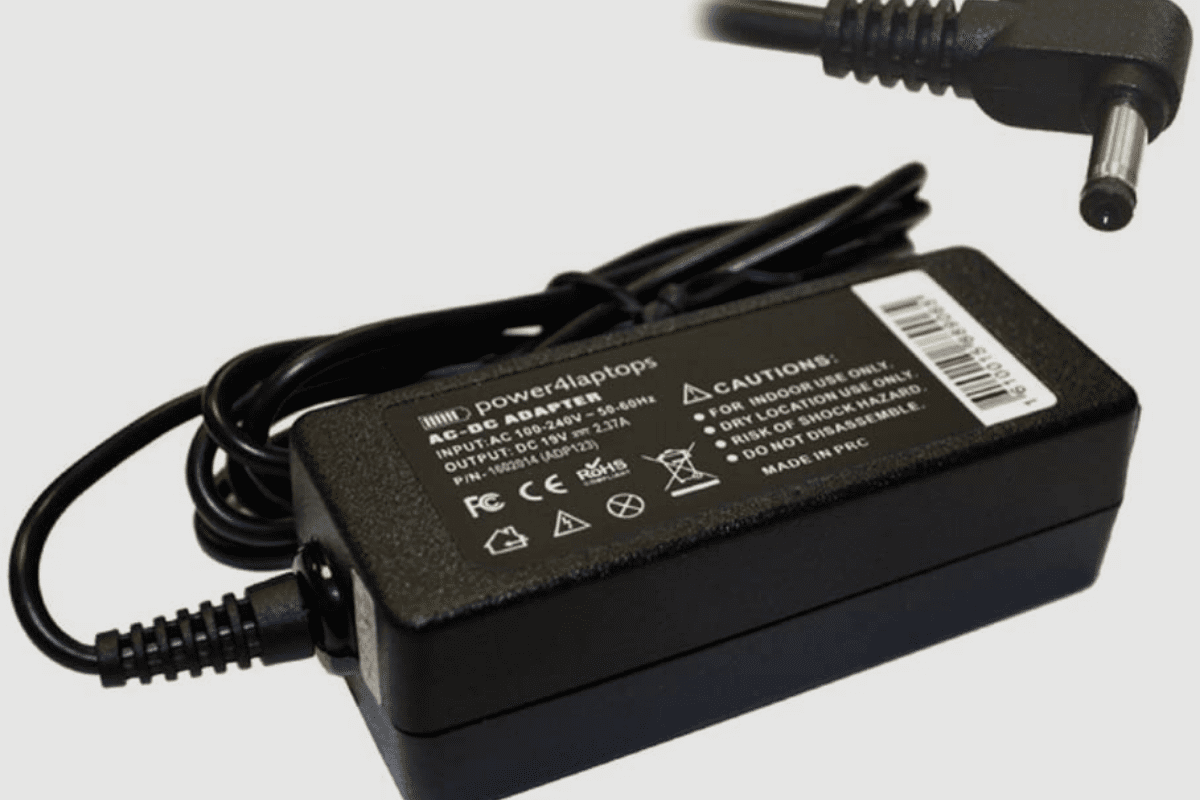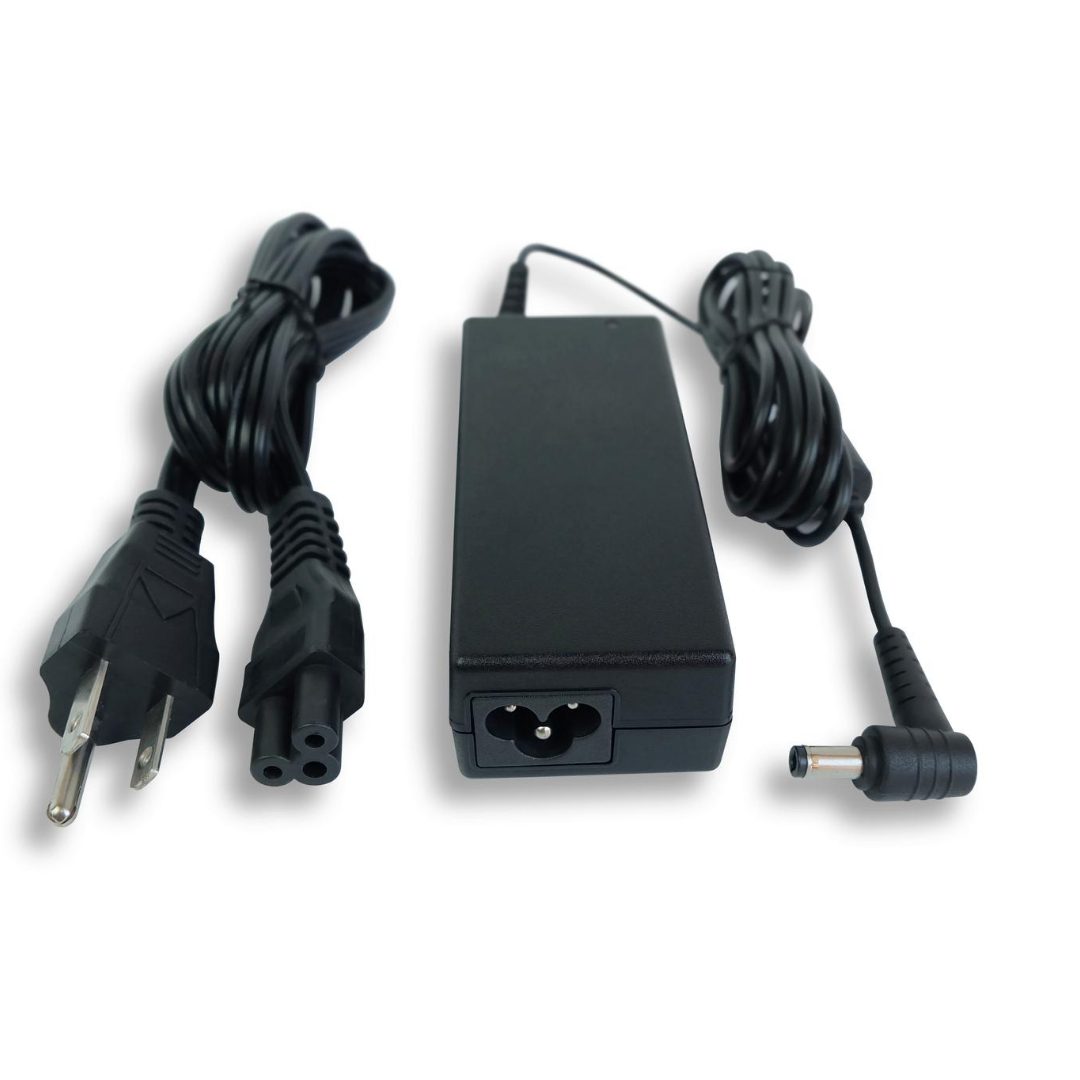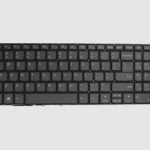Laptop chargers are one of the most overlooked components when it comes to protecting your laptop. We tend to be careless about where we leave our laptop’s power adaptors. Most of us don’t even think about it until we next need the adapter to charge or power our laptop.
In this article, I will be answering some of the common questions about laptop chargers.
- What Is A Laptop Charger?
- Do Laptop Chargers Consume Electricity When Not Charging?
- Do Laptop Chargers Have Surge Protectors?
- Are Laptop Chargers Interchangeable?
- Do Laptop Chargers Go Bad?
- Why Do Laptop Chargers Get Hot?
- Do Universal Laptop Chargers Work?
- Does A Laptop Charger Consume Electricity?
- Conclusion
- Product Image Gallery
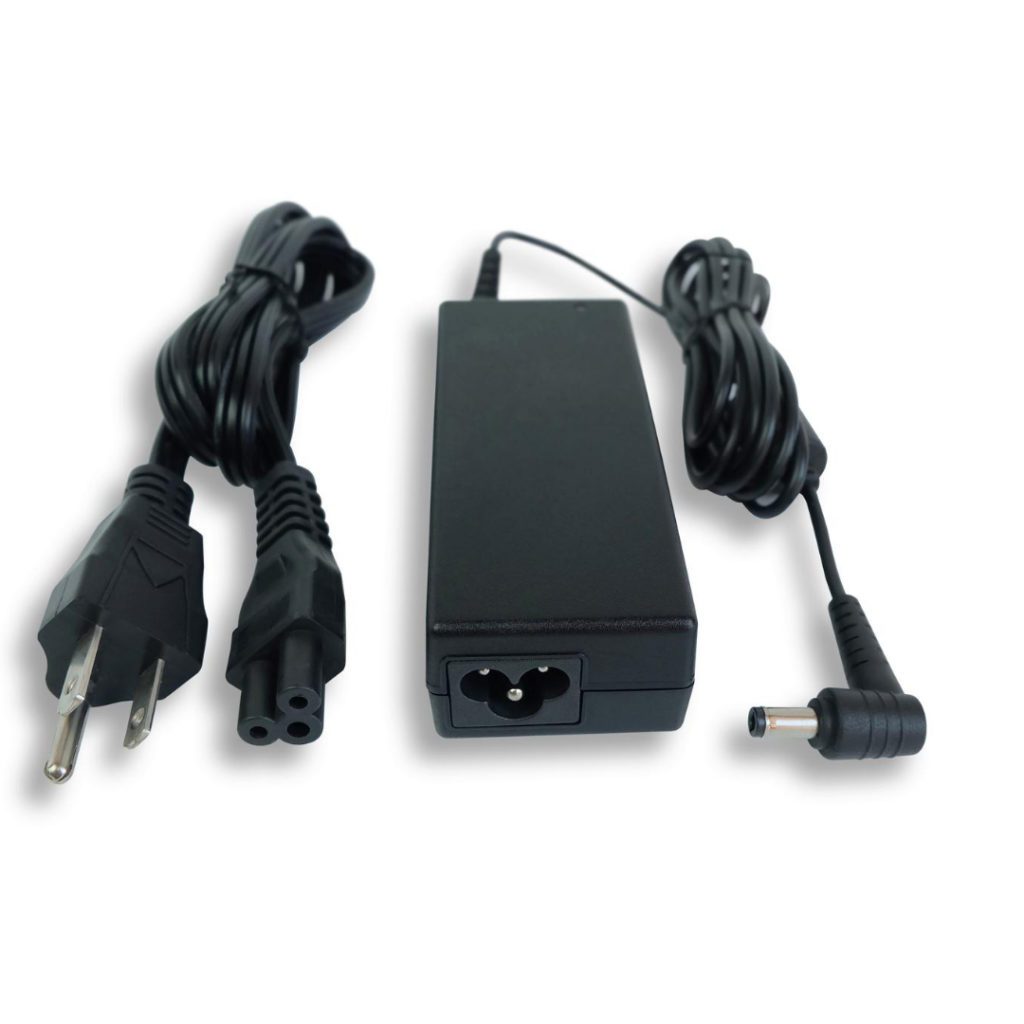
What Is A Laptop Charger?
A laptop charger is a device that supplies power to a laptop. It typically takes the form of a small box with a cable that plugs into an AC outlet and has a cable that connects to the laptop.
The charger provides power to the laptop by converting AC power from the main supply into DC power, which is then used to charge the laptop’s battery and power the laptop.
Do Laptop Chargers Consume Electricity When Not Charging?
When plugged into a wall outlet, laptop chargers are designed to go into a standby or sleep mode, which means they’re still using a small amount of power to maintain a connection to the outlet.
While the amount of power they use is small, it can add up over time if you have multiple devices plugged in and not all of them are in use. To save on energy costs, unplug your laptop charger when you’re not using it.
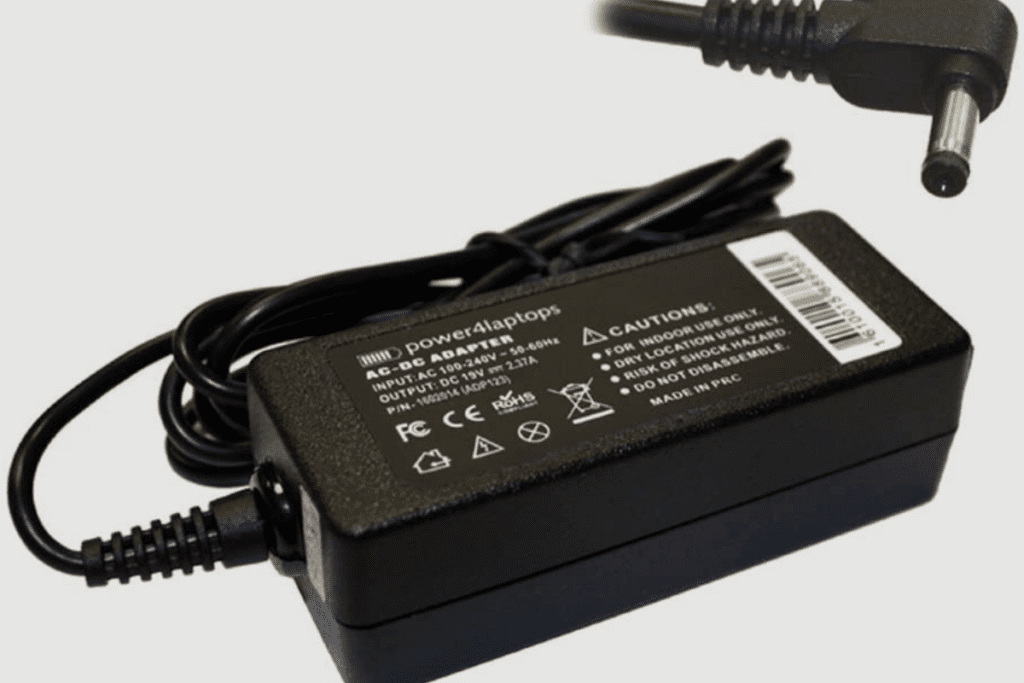
Do Laptop Chargers Have Surge Protectors?
Yes, laptop chargers have surge protectors. These protectors help to safeguard against damage from sudden electrical surges. When an electrical surge occurs, the surge protector will divert the excess voltage away from the laptop charger, helping to prevent damage.
Are Laptop Chargers Interchangeable?
Laptop chargers are not interchangeable. Each type of laptop has a specific charger that is designed to work with that particular model; their connectors don’t fit each other.
An Apple MacBook laptop charger will not work with a Dell or Asus laptop; neither will an HP charger work with a Lenovo laptop. They all have different connectors.
However, in some cases, you might find some laptop chargers that will fit into another model or other brand of a laptop; nevertheless, using a different charger can damage the laptop or cause it to not work properly.
Additionally, different chargers have different voltages and amperages, so using the wrong charger can damage your laptop. If you need a new charger, it is best to buy the specific charger for your laptop model directly from the manufacturer or an authorized retailer.
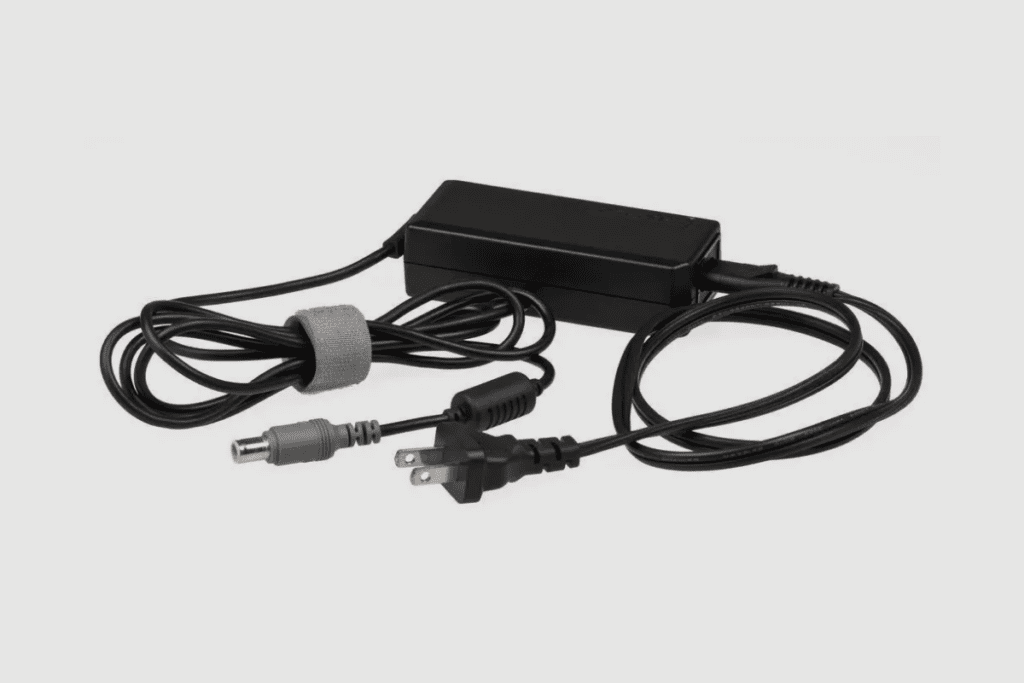
Do Laptop Chargers Go Bad?
Laptop chargers can go bad over time, just like any other type of electronic device. The charging cord may become frayed or damaged, the plug may become loose, or the internal components may simply wear out from repeated use. If you notice that your laptop charger is not working as well as it used to, it may be time to replace it.
Why Do Laptop Chargers Get Hot?
Laptop chargers get hot because they convert electricity into heat. The process of converting electricity into heat is called Joule heating, and it occurs when an electrical current passes through a conductor. The heat is a byproduct of this process and is dissipated into the surrounding air, and this is why laptop chargers get hot.
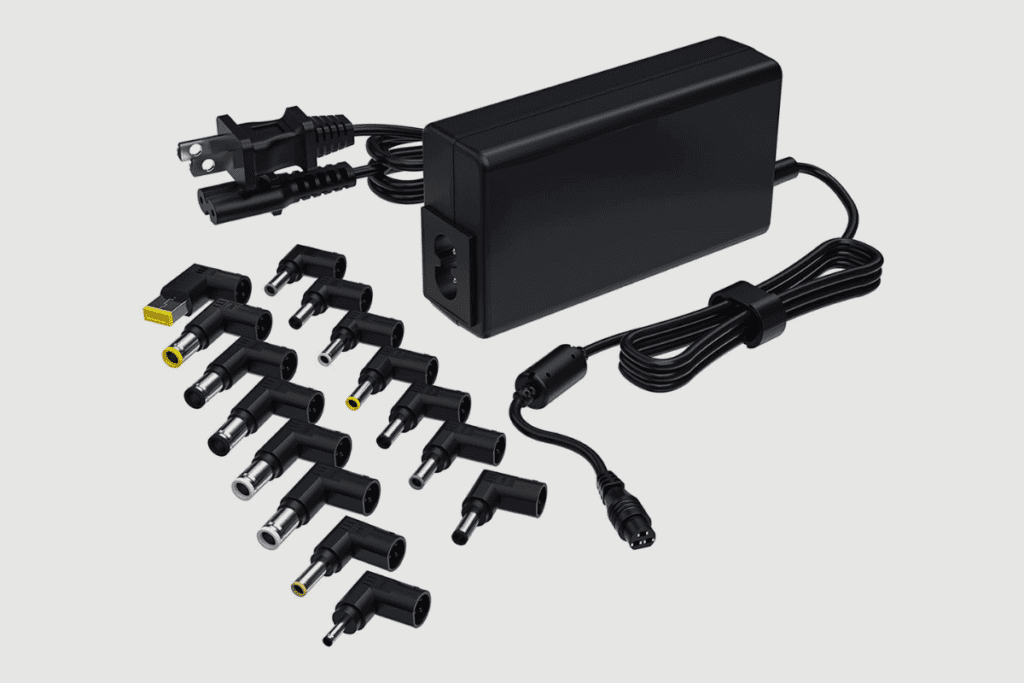
Do Universal Laptop Chargers Work?
Some universal laptop chargers will work with some particular laptops. In general, universal laptop chargers are designed to work with a wide range of laptops and are compatible with some models or brands of laptops.
That said, even if a universal charger is compatible with your laptop, it may not charge as quickly as the charger that came with your device. And in some cases, it may not charge your laptop at all or even damage your laptop.
It’s important to do your research before purchasing a universal charger.
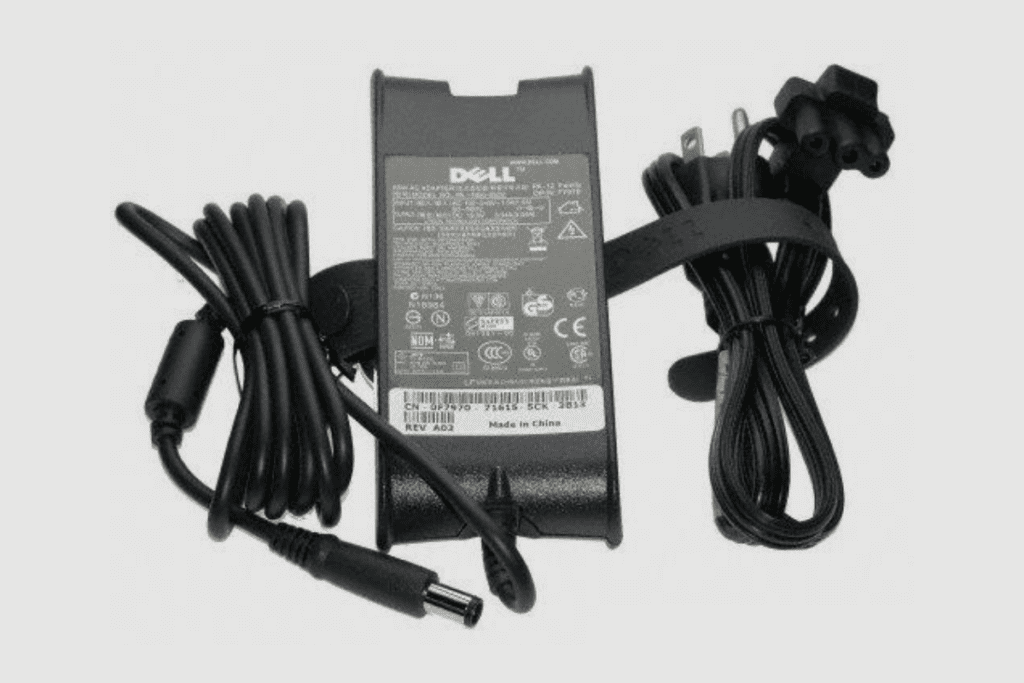
Does A Laptop Charger Consume Electricity?
Yes, laptop chargers do consume electricity. They are designed to convert AC power into DC power, which is then used to charge the battery or power the laptop. The amount of electricity consumed depends on the power rating of the charger and the efficiency of the conversion process. In general, chargers for laptop computers consume a few watts of electricity.
Conclusion
In conclusion, while it’s true that some laptop device chargers (especially older models), do use a lot of electricity, there are ways to minimize this usage. By unplugging your charger when you’re not using it and making sure to charge your laptop only when it’s necessary, you can significantly reduce the amount of electricity your charger uses.
Additionally, newer laptop chargers are much more energy-efficient than older models, so if you’re in the market for a new laptop, be sure to choose one that’s designed to be as energy-efficient as possible.
Product Image Gallery
